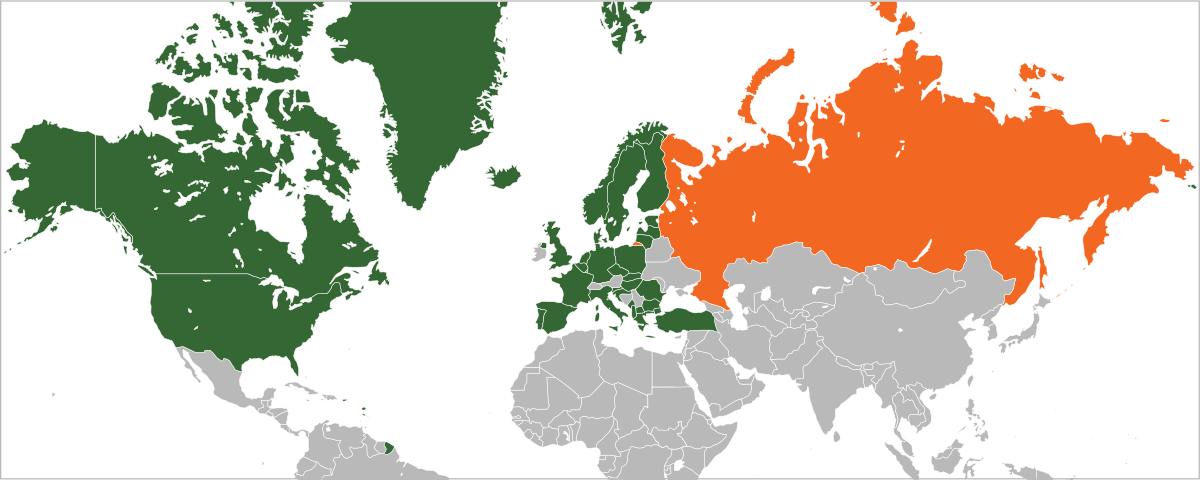Russian officials are establishing the groundwork to exit international arms control agreements as part of preparations for potential military confrontation with NATO, according to recent statements from Moscow.
Deputy Foreign Minister Sergei Ryabkov told Kremlin newswire TASS in an interview published on 7 June that Russia’s “unilateral moratorium” on deploying land-based missiles banned under the Intermediate-Range Nuclear Forces Treaty is approaching its “logical conclusion.” The statement suggests Russia may openly deploy such weapons systems in the future.
Ryabkov claimed the United States and Western allies failed to appreciate or reciprocate Russia’s “restraint” following America’s 2019 withdrawal from the INF Treaty. However, his assertions that Russia continued adhering to the treaty after the US departure contradict established facts.
The United States suspended INF Treaty participation on 1 February 2019, and formally withdrew in August 2019 due to Russia’s development, testing, and deployment of intermediate-range 9M729 (SSC-8) missiles in violation of treaty terms. Russia responded by suspending its own participation on 2 February 2019.
According to the Institute for the Study of War analysis, Ryabkov’s claims about Russia’s continued treaty compliance represent part of the Kremlin’s broader campaign to portray itself as committed to de-escalation while characterizing NATO and Western nations as threats to Russian security.
The ISW assessment indicated Moscow may exploit the ongoing Ukraine war to justify renouncing participation in additional international arms control frameworks as it prepares for expanded confrontation with Western powers.
Russia’s potential withdrawal from arms control mechanisms would eliminate key constraints on weapons development and deployment that have helped maintain strategic stability since the Cold War era.




